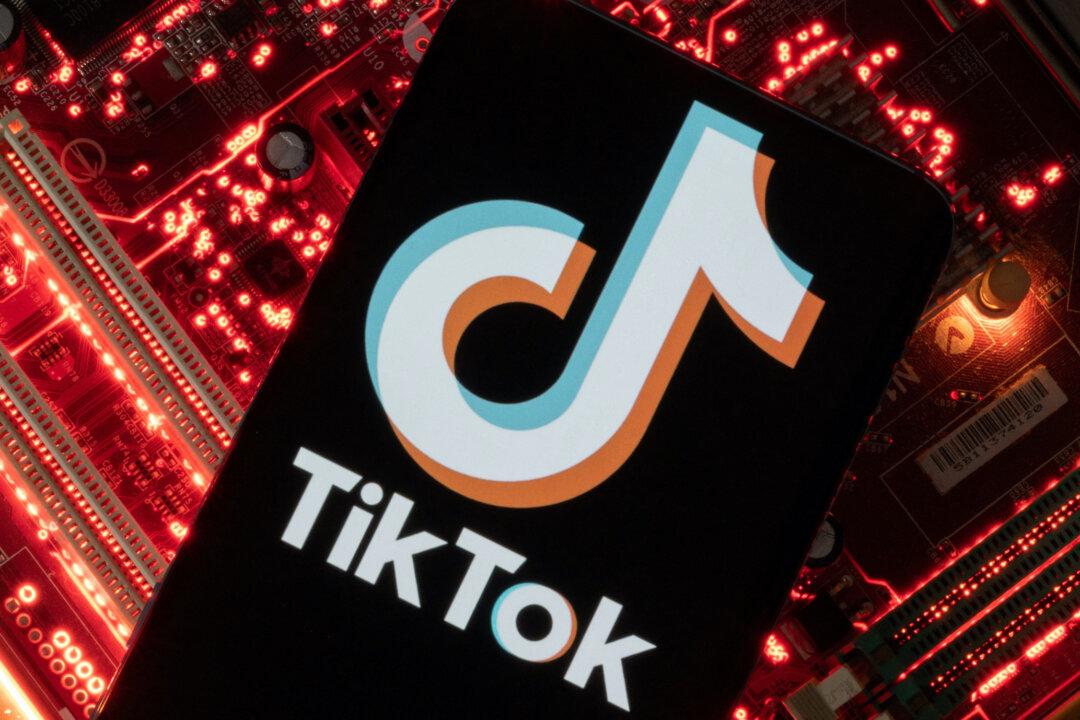The White House on Monday ordered the removal of the Chinese-owned TikTok app from all government devices and systems within 30 days in a bid to keep U.S. data safe.
The Office of Management and Budget (OMB) said on Twitter that the Biden administration “has made advancing our nation’s cybersecurity a top priority.”





